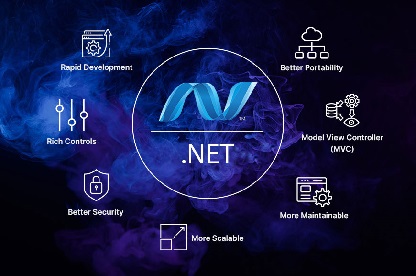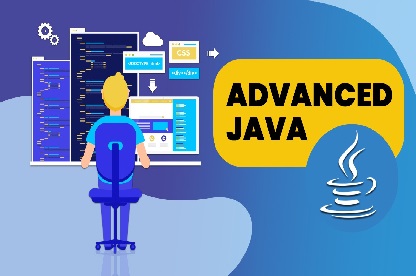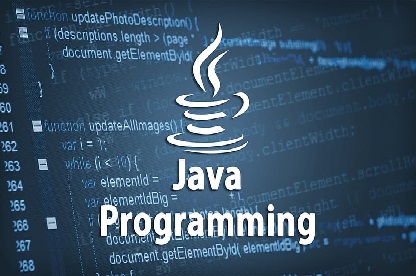
Mongo DB

Grownet Technologies is the best institute for the MongoDB in Chennai provides Real-time and Practical Training.
What is MongoDB?
MongoDB is an open source NoSQL database management program. NoSQL (Not only SQL) is used as an alternative to traditional relational databases. NoSQL databases are quite useful for working with large sets of distributed data. MongoDB is a tool that can manage document-oriented information, store or retrieve information. MongoDB is used for high-volume data storage, helping organizations store large amounts of data while still performing rapidly.
How does MongoDB work?
MongoDB environments provide users with a server to create databases with MongoDB. MongoDB stores data as records that are made up of collections and documents. Documents contain the data the user wants to store in the MongoDB database. Documents are composed of field and value pairs. They are the basic unit of data in MongoDB. The documents are similar to JavaScript Object Notation (JSON) but use a variant called Binary JSON (BSON). The benefit of using BSON is that it accommodates more data types.
Features of MongoDB
- 1. Replication
- 2. Scalability
- 3. Load balancing
- 4. Schema-less
- 5. Document
Advantages of MongoDB
- 1. Schema-less
- 2. Document-oriented
- 3. Scalability
- 4.Third-party support.
- 5. Aggregation
Mongo DB Course Curriculum
-

Introduction to NoSQL Database
- What in NoSQL?
- Difference between NoSQL and RDBMS
- Benefits of NoSQL
-

Introduction to MongoDB
- Objectives
- Design Goals.
- JSON Structure
- The Mongo Shell
- JSON Introduction
-

MongoDB Installation
- Installing Tools
- Overview of Blog Project.
- Swig, Express
- Node Packaged Modules (npm)
-

CRUD Operation in MongoDB
- CRUD (Creating, Reading & Updating Data) Mongo Shell
- Query Operators
- Update Operators and a Few Commands
-

Data Modeling
- Schema Design Pattern
- Case Studies & Tradeoffs
-

Storage Classes
- Automatic Storage Class
- Static Storage Class
- External Storage Class
- Register Storage Class
-

Indexing and Performance Considerations
- Performance Using Indexes,
- Monitoring And Understanding Performance,
- Performance In Sharded Environments.
-

Aggregation
- The Use Of The Pipeline,
- Aggregation Framework Goals
- Comparison With SQL Facilities.
Related Certification Training Course

Copyright | Grownet Technologies. All Rights Reserved





